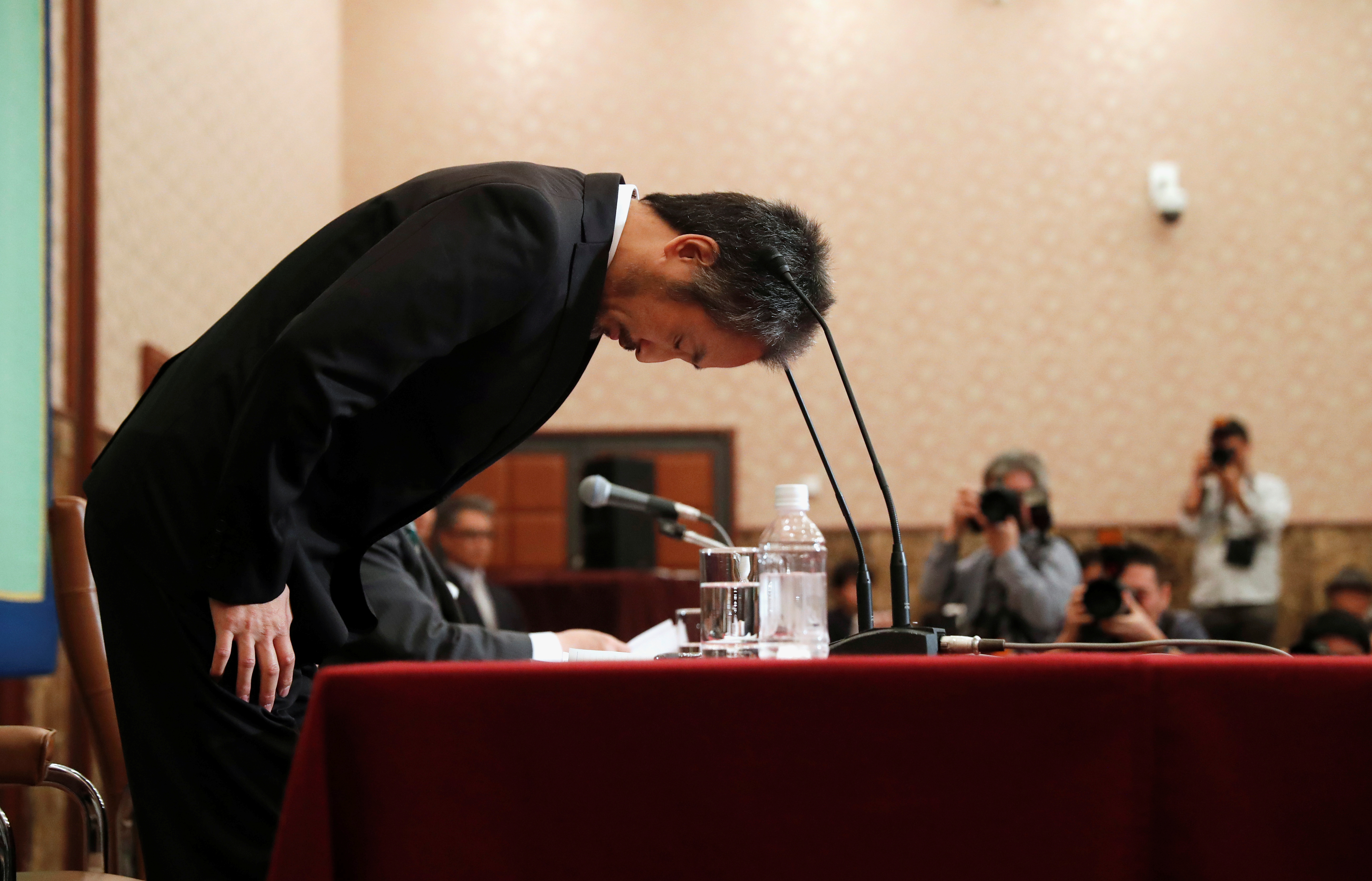
By Idrees Ali and Phil Stewart
WASHINGTON (Reuters) – The United States is considering a total withdrawal of U.S. forces from Syria as it winds up its campaign to retake all of the territory once held by Islamic State, U.S. officials said on Wednesday.
President Donald Trump declared victory against the militant group in Syria on Wednesday and hinted that a withdrawal could be imminent, tweeting, “We have defeated ISIS in Syria, my only reason for being there during the Trump Presidency.”
A decision to withdraw the last of about 2,000 troops, if confirmed, would upend assumptions about a longer-term U.S. military presence in Syria, which U.S. Defense Secretary Jim Mattis and other senior U.S. officials have advocated to help ensure Islamic State cannot reemerge.
Trump has previously expressed a strong desire to bring troops home from Syria when possible, and his tweet on Wednesday showed he saw no further grounds for remaining.

FILE PHOTO: Syrian Democratic Forces and U.S. troops are seen during a patrol near Turkish border in Hasakah, Syria November 4, 2018. REUTERS/Rodi Said/File Photo
U.S. officials, who spoke to Reuters on condition of anonymity, did not disclose details about the deliberations on the troop withdrawal, and the timing was not immediately clear.
But one official told Reuters that partners and allies had been consulted.
Two U.S. officials said a decision to withdraw had already been reached but that could not be immediately confirmed. It was unclear how soon a decision detailing any withdrawal plans might be announced.
The Pentagon declined to comment, saying only that it continued to work with partners in the region.
Republican U.S. Senator Lindsey Graham, often a Trump ally, said a withdrawal would have “devastating consequences” for the United States in the region and throughout the world.
“An American withdrawal at this time would be a big win for ISIS, Iran, (President) Bashar al Assad of Syria, and Russia,” Graham said in a statement, using the acronym ISIS for Islamic State.
Many of the remaining U.S. troops in Syria are special operations forces working closely with an alliance of Kurdish and Arab militias known as the Syrian Democratic Forces, or SDF.
The partnership with the SDF over the past several years has led to the defeat of Islamic State in Syria but has also outraged NATO ally Turkey, which views Kurdish YPG forces in the alliance as an extension of a militant group fighting inside Turkey.
The deliberations on U.S. troops come as Ankara threatens a new offensive in Syria. To date, U.S. forces in Syria have been seen as a stabilizing factor in the country and have somewhat restrained Turkey’s actions against the SDF.
A complete withdrawal of U.S. troops from Syria would still leave a sizeable U.S. military presence in the region, including about 5,200 troops across the border in Iraq. Much of the U.S. campaign in Syria has been waged by warplanes flying out of Qatar and other locations in the Middle East.
Still, Mattis and U.S. State Department officials have long fretted about leaving Syria before a peace agreement can be reached to end that country’s brutal civil war, which has killed hundreds of thousands of people and displaced around half of Syria’s pre-war population of about 22 million.
In April, Mattis said: “We do not want to simply pull out before the diplomats have won the peace. You win the fight — and then you win the peace.”
Islamic State is also widely expected to revert to guerrilla tactics once it no longer holds territory. A U.S. withdrawal could open Trump up to criticism if Islamic State reemerged.
Trump has previously lambasted his predecessor, Barack Obama, for the withdrawal of U.S. forces from Iraq that preceded an unraveling of the Iraqi armed forces. Iraqi forces collapsed in the face of Islamic State’s advance into the country in 2014.
A pullout would allow other countries, like Iran, to increase their influence in Syria, experts said.
“If we withdraw then who fills the vacuum, who is able to stabilize and that is the million dollar question,” said Andrew Tabler, a Syria specialist at the Washington Institute for Near East Policy think-tank.
“The timing is hard to understand,” Tabler said.
LAST 1 PERCENT
Islamic State declared its so-called “caliphate” in 2014 after seizing large swathes of Syria and Iraq. The hardline Islamist group established its de facto capital in the Syrian city of Raqqa, using it as a base to plot attacks in Europe.
According to U.S. estimates, the group oversaw about 100,000 square kilometers (39,000 square miles) of territory, with about 8 million people under Islamic State control. It had estimated revenues of nearly one billion dollars a year.
Brett McGurk, the U.S. special envoy for the global coalition to defeat Islamic State, said last week that the group was down to its last 1 percent of the territory it once held in its self-styled “caliphate.” The group has no remaining territory in Iraq.
Hajin, the group’s last major stronghold in Syria, is close to being seized by U.S.-backed SDF forces.
After losing Hajin, Islamic State will control a diminishing strip of territory along the eastern bank of the Euphrates River in the area where U.S.-backed operations are focused. The militants also control some desert terrain west of the river in territory otherwise controlled by the Damascus government and its allies.
But U.S. officials have warned that taking back the group’s territory would not be the same as defeating it.
“Even as the end of the physical caliphate is clearly now coming into sight, the end of ISIS will be a much more long-term initiative,” McGurk told a State Department briefing on Dec. 11.
U.S. Marine General Joseph Dunford, the chairman of the Joint Chiefs of Staff, cautioned earlier in December that the United States had trained only about 20 percent of Syrian forces required to stabilize areas captured from Islamic State.
(Reporting by Phil Stewart and Idrees Ali; Editing by Frances Kerry)















